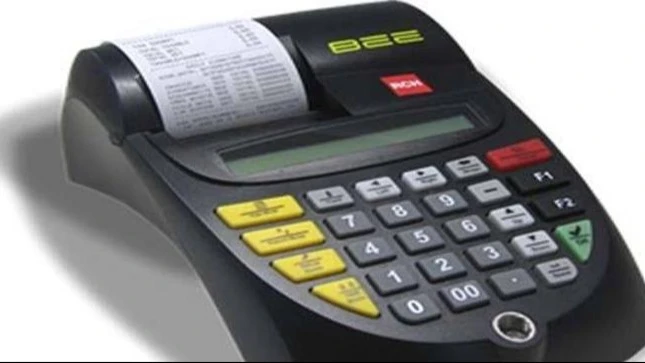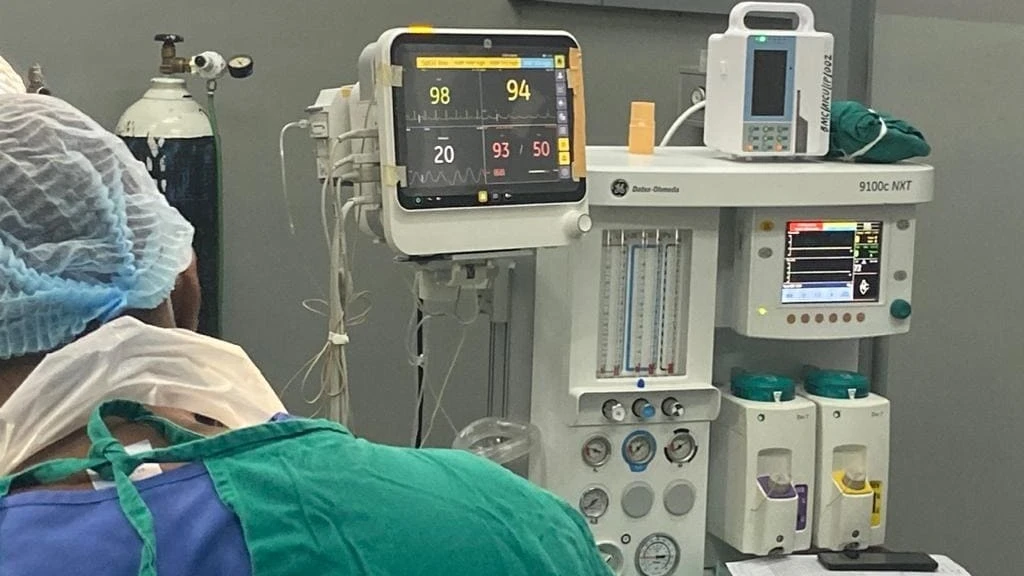Municipal levy collections, fake EFD receipts a veritable disaster

MUNICIPAL councils have over the past year been allowed to collect billboard and property taxes and, presumably, use them as sources of income and thus diminish the burden on the central government.
This came after insistent demands that these areas be left under the supervision of local authorities.
None of these objectives seems to be on the way to being realised, as the minister of state overseeing the Regional Administration and Local Governments wing of the President’s Office says that property tax and billboard fee collection stands at a lowly 38 per cent.
In a repeat of what routinely happens in relation to local councils, the minister was lately heard asking the councils to assess why they have not reached the set targets and to ensure that they achieve 90 per cent by this June.
Chances are that the association (of local government authorities) the minister was addressing, will rue the remarks as sharp but wait for the government to work on their demands as presented to the president when opening their annual general meeting lately.
The minister demanded that reports be submitted showing precisely how each council has collected revenue from property tax, billboard fees and land taxes, to measure efficiency in meeting government objectives.
Chances that the minister will have another opportunity – or obligation – for talks with local government top officials before the end of the parliamentary Budget session are nil.
It will be a different environment altogether thereafter, as the minister and most his colleagues might be going back to their respective local government authorities to work for a total polls win.
There was an observation in a book review in 1977 published in the magisterial American Political Science Review, where a student of that period would as usual walk away with one sentence summing up the wisdom gained when such a study was presented.
It said that central government was corrupt but was also sensitive to criticism, as its topmost officials had to be regularly returned to office, via election or post-election appointment.
As to local governments, it was said that they were also corrupt all right but insensitive to criticism in that during polls, political parties have to seek them out for support, in which case the less democratic or uncompetitive the politics is, the more the pilfering.
What the councils can at least do is the second part of the minister’s remarks, namely, the need to ensure proper enrolment in pre-primary and first-grade classes alongside other levels.
The explanation here was that there would be gaps here and there with regard to enrolment levels while, in some areas, pupil dropout rates need to be checked.
What they definitely might not achieve in the next few months is overseeing the proper loaning or repayment of the 10 per cent loan funds that the government belatedly asked them to restore, as it matters much in local support politics.
Nor will the regional authorities obtain much success in halting the use of fake revenue collection receipts as the billboards may have been paid out more or less entirely but it is the 38 per cent that is reported as definitely they used real EFD receipts there!
Top Headlines
© 2025 IPPMEDIA.COM. ALL RIGHTS RESERVED

















